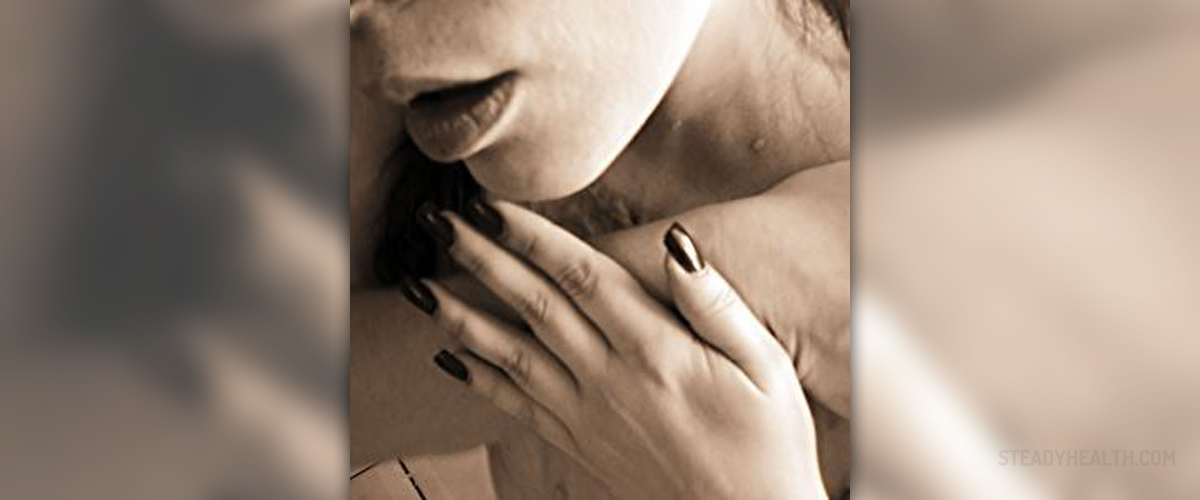
The Definition and Prevention of Scarring
When an injury of the skin has fully repaired itself, there is sometimes a blemish left behind called a scar. It is created by the protein collagen that the body uses to cover the injury. Below is some handy advice on how to avoid and prevent scarring.
Treating your injury properly is important to avoid scarring. Treat the injury immediately after it has occurred to avoid infection. Antibiotics can be used to help sterilize the area around the injury after cleaning it, after which it is advised to cover the area with a bandage or petroleum jelly to discourage collagen from forming. It is certainly beneficial to wash the wound with soap that has anti-bacterial qualities, while being careful not to exacerbate the injury by scrubbing the area too vigorously.
Various Treatments for Avoiding Scars
Aloe vera juice can also be applied daily to the injured area to help avoid scarring, as well as certain sun protection moisturisers that block detrimental ultra violet rays. Protecting the wounded area from direct sunlight helps to prevent obvious scars from forming.
For certain injuries, silicone gel sheets can be useful in avoiding scarring, as they are simple to use, especially for those with much worse abrasions or cuts. Using these gel sheets often can prevent the formation of keloids or hypertropic scars.
Medical-grade honey is now used more often in the treatment of lacerations and abrasions, as it includes many natural properties that speed up the healing process and can be used to great effect as a dressing for the injury. There are no side effects, so it is ideal for this purpose and helps eliminate the risk of scarring.
Another way in which the body's natural healing can be enhanced is by eating healthy food items. Drinking plenty of unsweetened fruit juice and water and eating low sugar foods is essential for maintaining a health lifestyle. Try to avoid smoking while the injury is healing, as it slows the healing process by a substantial amount, and prevents oxygenated blood from reaching the wound. Homeopathic solutions rarely work well enough to prevent scarring, and can even cause allergic reactions when applied to the wound directly. Naturally, seeking the advice of a doctor is always a valuable option when determining how to treat an injury to avoid scarring.
To lower the chances of a scar formation, treat the injury as soon as possible, using the suggestions above as guidelines. Abrasions, surgical scars and acne scars will be more difficult to avoid or heal without beginning the processes mentioned above at an early stage.
General Rules
1. Use a gentle moisturiser on the affected area every day.
2. Do not let the UV rays damage the wounded skin.
3. Cleanse the injured skin softly to avoid aggravating the wound.
4. Aloe vera, used in small amounts, can aid in the healing process.
5. Do not cover the skin completely, as it needs to breathe in order to heal at a rapid rate.
6. Vitamin E oil can be applied to help diminish the scar. Silicone gel sheets should be used for especially thick scars to hydrate the scarred area, thereby softening and reducing it.
7. Talk to a doctor or dermatologist to determine the best course of actions for a particular wound. They might advise various treatments, from alpha-hydroxyl acids to laser resurfacing of the skin.



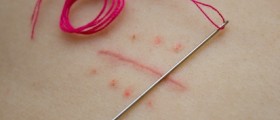
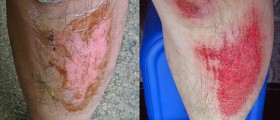

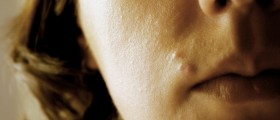




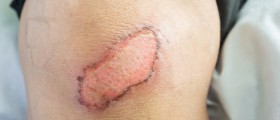

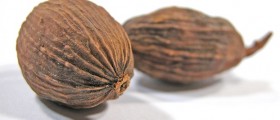



Your thoughts on this
Loading...